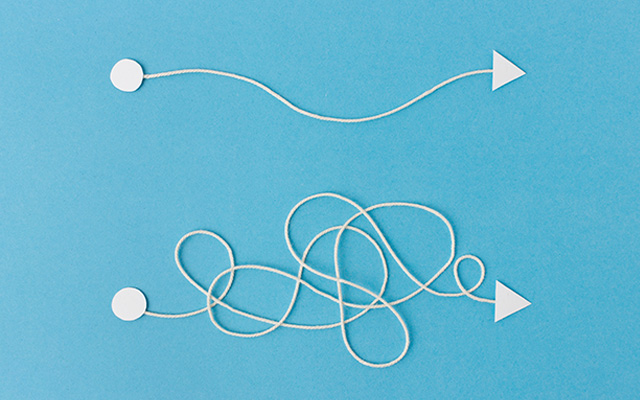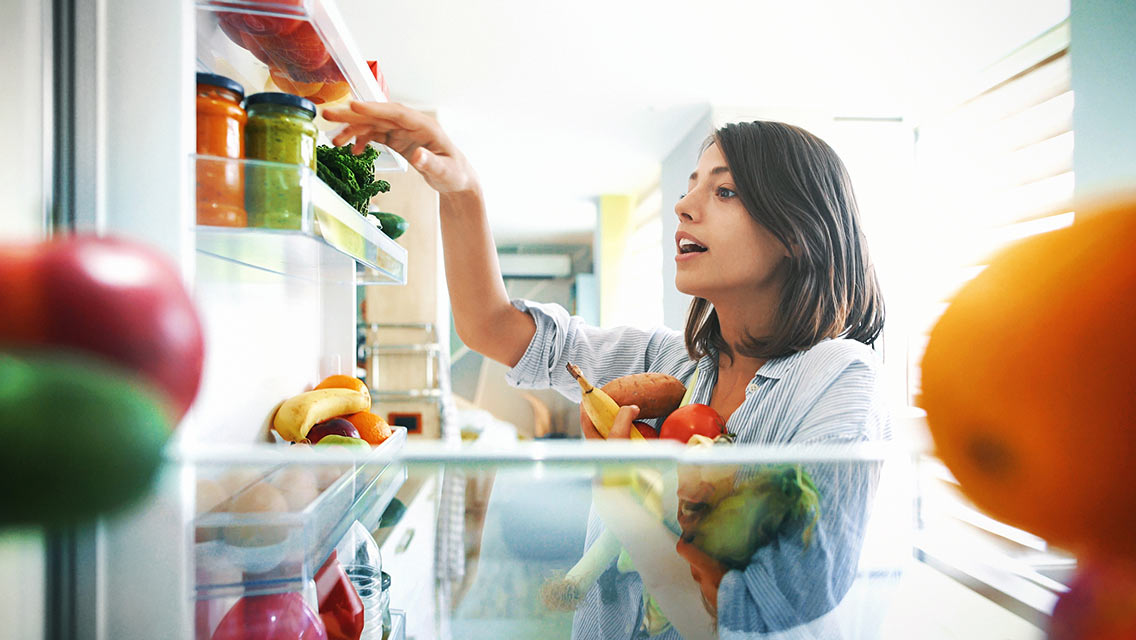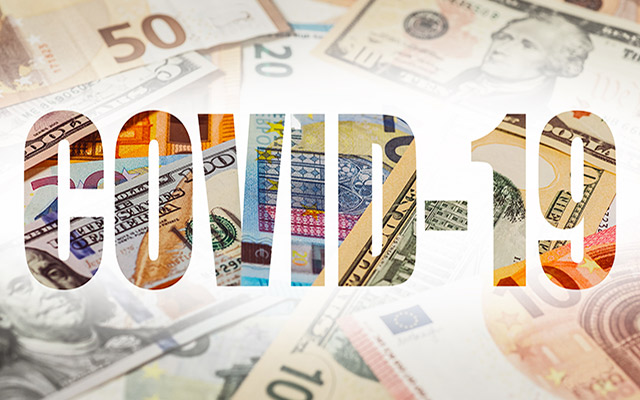Patience may be a virtue, but it’s a tough sell when lives are at stake. So, it’s no surprise to find the frantic demand for the COVID-19 vaccine has been accompanied by rising frustration — especially among my Geezerville compatriots — when access to the shot is obstructed or denied by capricious forces. Disjointed supply chains, a lack of certified inoculators, government miscommunication, and shifting eligibility criteria have all contributed to a muddled vaccine rollout. Perhaps most disheartening to many elderly Americans, though, is the fact that the only viable path to the vaccine often begins on a computer screen.
A recent University of Michigan poll found that just over half of respondents between the ages of 65 and 80 had created an online account on their health provider’s portal system, where patients typically make appointments. As a result, says survey director Preeti Malani, MD, many of those most vulnerable to the virus have been unable to access the vaccine.
“Right now, one important thing that we can do for older adults is encourage and help them to sign up for patient portal access or log in again if they haven’t in a while, if their provider offers one,” Malani says. “Especially if it will be used as part of the COVID-19 vaccination process.”
I ran into this roadblock myself the other day. My neighborhood clinic, which I rarely visited but stored whatever medical records I’d managed to generate over the years, had been shuttered sometime last summer, but I assumed a link on its parent company’s website would direct me to some vaccine information. Instead, it prompted me to log in to my account. I would’ve happily complied had I been able to recall my username and password or if I’d been able to reset one or the other or both, but all my attempts were thwarted by the sort of computer intransigence that tends to arise whenever something vital needs to be accomplished.
I had hoped to avoid picking up the phone and subjecting myself to a half-hour of patience-challenging music while on hold, so I was actually pleased to discover a clarifying note next to the phone number: “We currently do not have COVID-19 vaccine appointments available.”
It could be worse, of course. At least I own a computer, enjoy reliable internet access, and manage to navigate the digital cosmos with some degree of confidence — if not sufficient patience. That’s not the case with many of my peers.
Gerald Kahn, 76, has been luckier than some: An email from his state’s vaccine registration program provided a convenient link to make an appointment. But after completing most of the application process, he was stymied by a computer glitch. “As much as I would pound my finger on the face of my iPad, it didn’t do me any good,” he tells Kaiser Health News.
He recruited a younger family member to help him complete the process, an option not available to many of his elderly counterparts. “I think there are a lot of people my age, maybe the preponderance, who can only go so far into the internet,” he says, “and then we’re not only stymied, but also frustrated.”
That was the case with Colleen Brooks, 85, who found the online vaccine information so overwhelming that she resorted to calling friends for advice, one of whom told her about discovering a vaccine delivery at a local pharmacy. The tip prompted her to visit her clinic to ask about signing up, and she was vaccinated the same day.
“That was totally serendipitous for me,” she says. “But I actually personally know several seniors who just kind of gave up.”
I can’t say that I’ve thrown in the towel, but it’s clear that I’m going to have to practice a little patience — and employ some perspective. I’m not a frontline health worker or a nursing home resident; the guy behind the counter at the liquor store up the street faces more viral danger in an hour than I do in a month. Sheltering in place, working from home, and minimizing my already rare social engagements, I’m happy to let more vulnerable folks cut in the vaccine line before me.
Besides, it’s not like getting the shot is going to suddenly broaden my horizons. Public-health officials warn that it’s possible inoculated individuals may still unknowingly pass the virus to unvaccinated people, that the emerging variants of the virus may still pose dangers, and that we may not reach herd immunity until 80 to 85 percent of the U.S. population is vaccinated — maybe by fall, maybe later. As Melanie Swift, codirector of the Mayo Clinic’s vaccination-distribution program, explains in the Washington Post, “The vaccine is not a get-out-of-jail-free card.”
I’m grateful for my comfortable incarceration and will continue to mask up and social distance in public while I patiently await an opportunity to roll up my sleeve. The virus-protection protocol has become such a ritual now that I doubt it will be hard to maintain once I’ve been vaccinated. At some point, we’ll get the “all clear” from government officials and pack away our face coverings until the next pandemic descends.
Some experts predict the novel coronavirus will eventually weaken and join the less-lethal family of influenza viruses that sends folks my age to their pharmacy every fall for a flu shot. Here’s hoping they’re right. With no computer-generated appointment necessary, I might even make the trip myself.




This Post Has 0 Comments